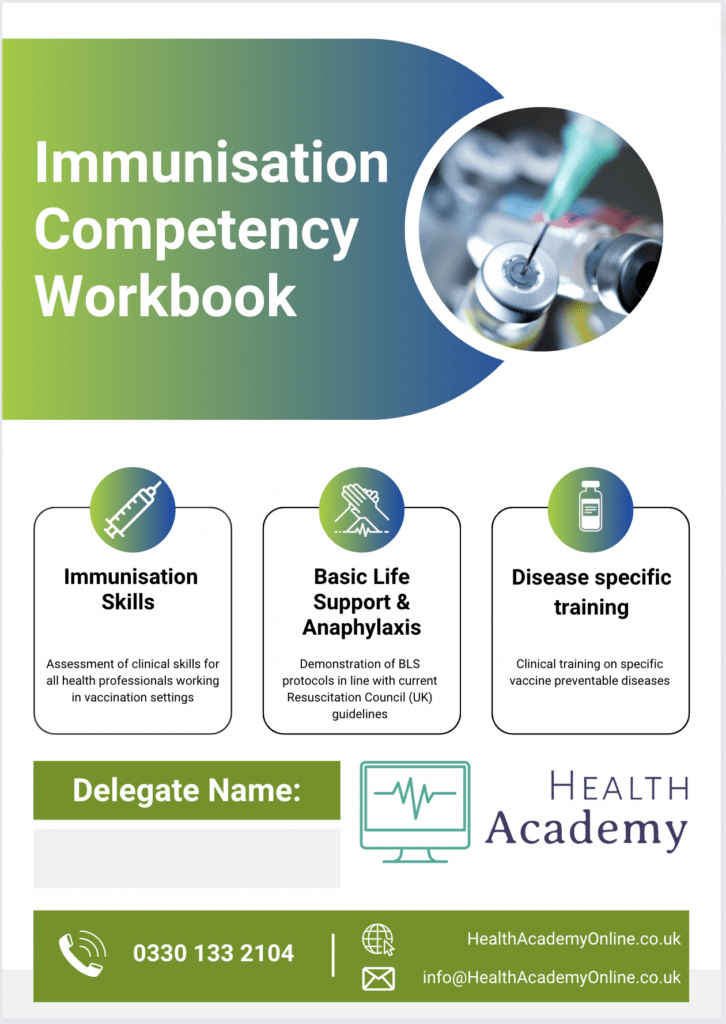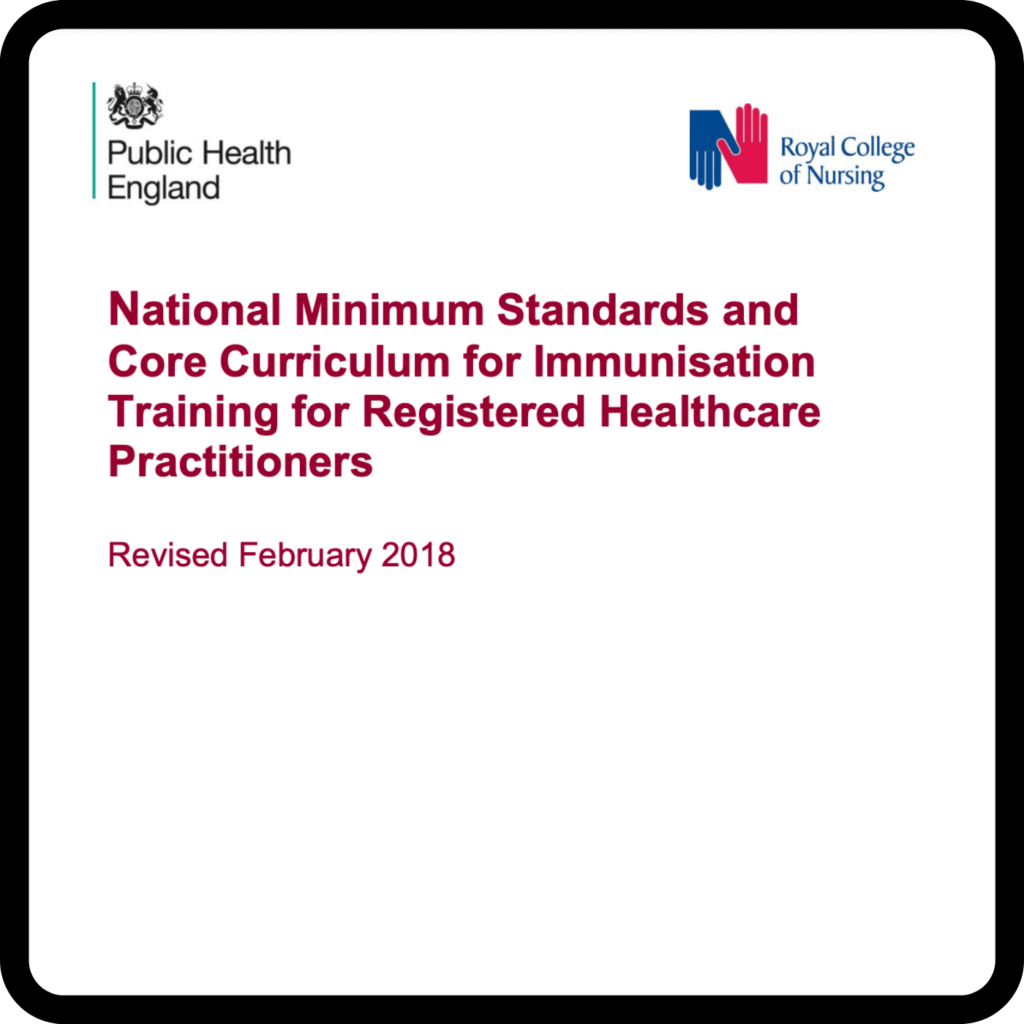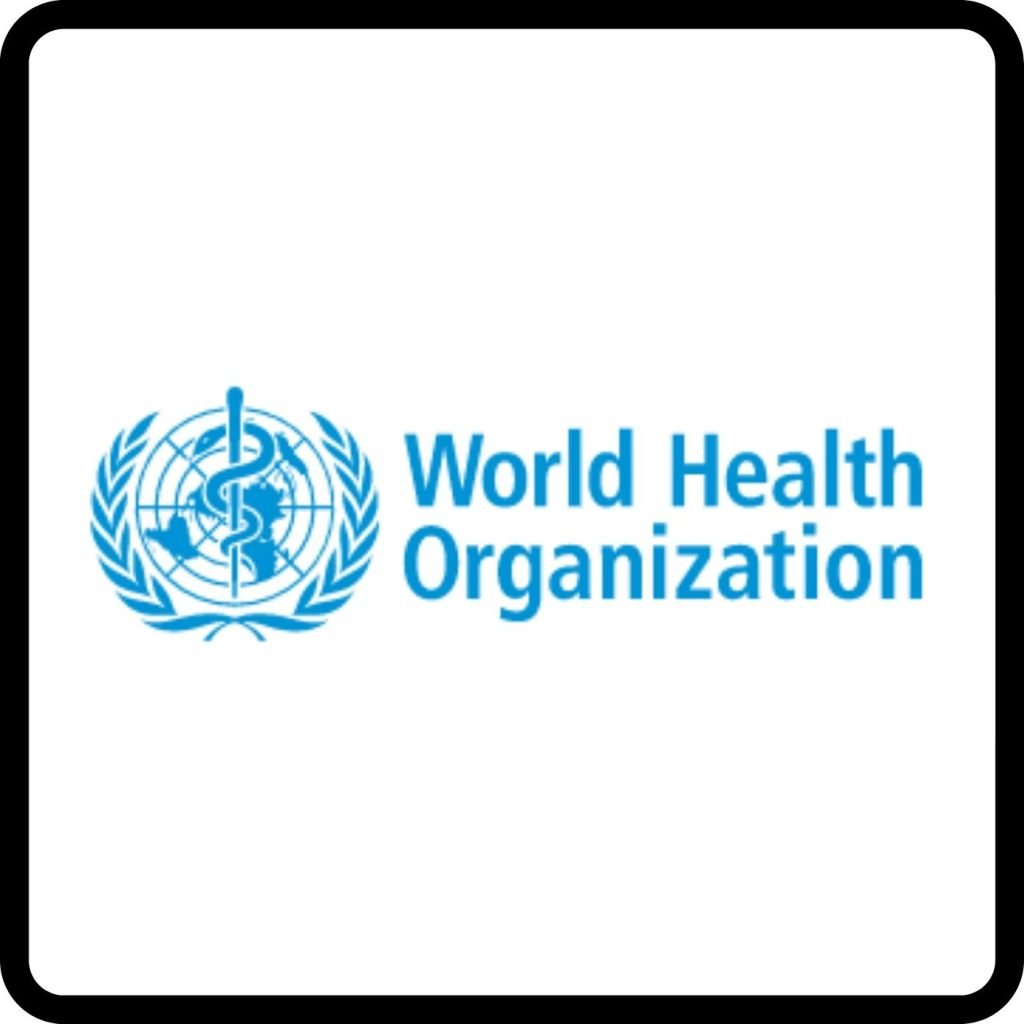“Do this course, and you’ll be an expert in [insert skill]. Guaranteed!”
How many times have you come across such claims, only to be left disappointed and ill-prepared? Well, brace yourself for a refreshingly honest answer.
At Health Academy, we’re repeatedly asked this question:
“Will I be able to [insert skill] if I do this course?”
And do you know what we answer?
No.
What?
No. Well, we certainly wouldn’t recommend it anyway.
Wait, this might not be the response you were expecting from me. Shouldn’t I be trying to persuade you to enrol in one of our courses?
The truth is, I want to be transparent and upfront with you. So let me share a story that will shed some light on why our approach is different, and the importance of supervised practice.
Amina’s Story

Allow me to introduce you to Amina, a passionate pharmacist with a burning desire to administer flu vaccines in her community pharmacy. Amina understood that by acquiring this skill, she could profoundly impact her local community and even enhance her business prospects. But there was one significant hurdle she faced—her lack of knowledge and expertise in performing vaccinations. Oh, yeah, and combine that with a slight clumsiness when it came to fiddly tasks.
Like many others, Amina assumed that completing a course would magically make her ready to go. So she embarked on an online quest to find vaccination courses, hoping to find the one that would quickly equip her with all the necessary skills, without burdening her busy schedule.
However, the courses she explored all appeared strikingly similar, leaving her uncertain about the right choice. Finally, she settled on a reasonably priced course that promised to provide comprehensive training in a time-efficient manner. Little did she know that the journey had just begun.

During the course, Amina found herself bombarded with overwhelming amounts of information, and the pace felt rushed. While she completed the practical session, her confidence remained somewhat shaky. Nevertheless, she convinced herself that she could give it a try.
Amina made all the necessary preparations, stocked up on flu vaccines, and eagerly awaited her first customer, Harry, a 37-year-old man. It had been some time since the course, so she couldn’t help but feel a tad nervous. Despite the trembling in her hands, she managed to administer the vaccine to Harry’s deltoid without revealing her inner unease. He left as a satisfied customer, and Amina felt a surge of optimism— “this would be a breeze” she thought.
However, as fate would have it, a few patients down the line, Amina made a a bit of an error. She inadvertently administered a vaccine too low on a patient’s arm, causing significant pain. The patient lodged a complaint against the pharmacy. Amina vaguely recalled seeing a slide about proper positioning during the course, but the practical part lacked real-world practice opportunities.
Doing the right training
In the face of shattered confidence, Amina found herself questioning whether she should continue administering vaccines at all. It was during this challenging period that she coincidentally bumped into an old university friend, Neil, who noticed her distress. Intrigued, she confided in Neil, sharing the details of her ordeal.
Neil listened attentively to her story, then revealed that he and his colleague, Euan, had established a training company specifically for healthcare practitioners. Amina was taken aback by Neil’s revelation—she had no idea he had ventured into such a domain!

Neil explained that immunisation was his area of expertise, and that their company, offered high-quality immunisation training courses, including flu training and travel health. He emphasised the importance that he and Euan put on safety and competence in practice.
The importance of supervised practice
“Great! So if I do one of your courses then I should be fine to get back to my flu vaccinating?” Amina was enthusiastic again!
“Ahh, no. Unfortunately that’s not quite how it works, I’m afraid,” Neil replied. “As a practitioner, you should only perform any skill when both you and your employer are satisfied that you are completely safe to do so. Therefore, you should always undergo a period of ‘supervised practice’ with an experienced and competent practitioner.” Neil really emphasised the importance of supervised practice, and shared that they had even turned down clients who wanted immediate certification of competency for their staff after completing their course. “Even if we lose a bit of business, at least we know we are doing the right thing for the clinicians and their patients”.
Suddenly, everything clicked for Amina. She realised that attending a course and receiving a certificate at the end could never guarantee her competence. She knew what her next step should be.
Amina decided to enrol in one of Neil and Euan’s courses. Interestingly, she wasn’t promised immediate proficiency; instead, there was a strong emphasis on supervised practice after the training. She was directed to resources such as the National Minimum Standards for Immunisation Training and the GPC Standards for pharmacy professionals. At the end of the course, Amina received a competency workbook to use with her supervisor during supervised practice.

She completed the course and arranged for Sam, a pharmacist from another branch in her pharmacy group, to supervise her practice. Amina was amazed by the additional guidance, tips, and advice Sam provided. Together, they completed the competency workbook, and Amina gained the confidence and competence to administer vaccines on her own.
Through excellent training, dedicated practice, and the guidance of experienced professionals, Amina became a highly skilled vaccinator. Not only did she administer numerous vaccines, but she also became a mentor, teaching and supervising others!
So does this only apply to vaccination?
Absolutely not! The importance of supervised practice applies to every clinical skill you might possibly want to, or be asked to do. You should only practice when you and your employer feel that you are competent to safely do so! In fact here are a couple of examples of what the guidelines say:
Immunisation

National Minimum Standards and Core Curriculum for Immunisation Training for Registered Healthcare Practitioners clearly advises that new immunisers should also have a period of supervised practice and support with a registered healthcare practitioner who is experienced, up to date and competent in immunisation.
Download our Vaccine Skills Competency Workbook.
Travel Health

The The Faculty of Travel Medicine Good Practice Guidance for Providing a Travel Health Service state that work-based learning, including supervised practice, is essential for practitioners new to Travel Medicine to develop their clinical skills
Appendix B has a Competency Assessment Tool for Travel Health Practitioners and to use with their supervisors
Phlebotomy

The World Health Organisation Guidelines for Drawing Blood states that supervised practice is essential for obtaining any certification in phlebotomy.
Download our Phlebotomy Skills Competency Workbook.
Nursing

The Nursing and Midwifery council emphasis the importance of supervised practice, and state that Employer organisations should support their staff in upholding the standards in their professional Code as part of providing the quality and safety expected by service users and regulators.
Pharmacy

The Code of Ethics of the Royal Pharmaceutical Society of Great Britain asks that pharmacists ensure continuing competence relevant to their sphere of practice.
Over to you now!
So yes, by all means get started with a training course for a skill you want to practice, but just remember, that’s just the first step…




